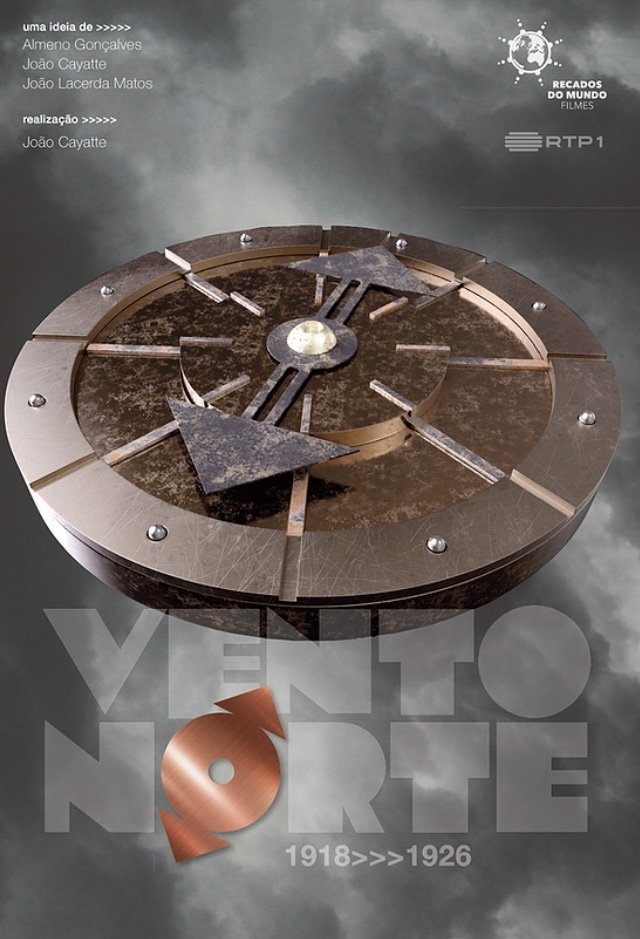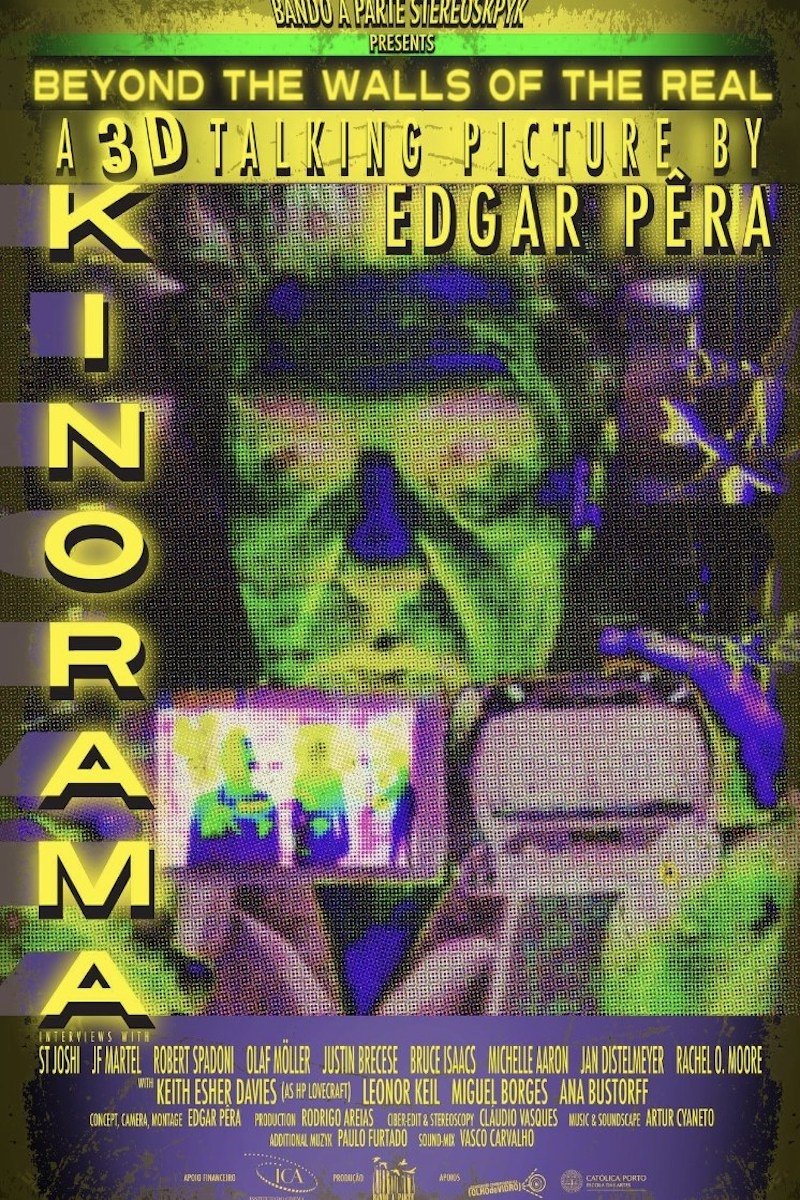

The Waning Sky tells the story of two lovers united by a love as strong as it is forbidden, haunted by the imminent presence of their unfulfilled desires and the guilt that follows them. Their relationship is founded on a shared lie, a guilt that torments them both, and an unrelenting desire that threatens to consume them both. They married young, not knowing the depths of love or passion, but when they met, they knew they had found their soulmate. The characters Luís and Ana, played by Carla Chambel and Rúben Garcia, are united by a passion that lasts for several years, supported by furtive encounters, declarations of love, conflicts and guilt. The Waning Sky presents a poetic and lyrical narrative of the complexities of desire, love and the lingering pain of living with the consequences.

Thirty-something Vítor still lives with his mother, Fátima, in his grandmother Júlia’s apartment. Fátima is a hairdresser with a quiet disposition who, at night, fantasises about the policeman who has just moved in next door. By day, Vítor is a lowly employee on a TV show. But at night, he dons his neighbour’s uniform to win the favour and satisfy the desires of a boy he’s met online. In her retirement home, Júlia is unable to sleep at night and has long forgotten what drugs she is meant to be taking. She misses her dead husband, who manifests himself in the body of a living friend, and gets involved in her daily activities. Through these characters, Diogo Costa Amarante constructs a fascinating portrait of lives lived while desires remain unrealised.

In the mid-20th century, a troubled relationship between Germana, a young writer, and Quina, her aunt who lives in the northern Portuguese countryside. Feelings of jealousy, admiration and the complex magnetism between these two strong women arise.

Pedro is an enigmatic man with only one goal: to get Clara back, his first and only love. However, this meeting is almost impossible. Above all, because she is engaged to his brother Lourenço, the man who Pedro will save. And what will Lourenço do when he realizes that his savior may, after all, steal everything from him?

Series about one of the most iconic Portuguese bands, DOCE. Doce were one of the first "girls band" in Europe, opening the way not only in the musical world, but also breaking barriers and prejudices in traditional Portuguese society. The series is based on real events, following the band's entire journey from its appearance in 1979, until the end of the initial formation. Doce has outlasted all critics and left its mark on a generation and a country.

It is 1979. Four young ladies are hired to form a girl band. They can sing, they shine with their dancing, and they shock the country. They become a big hit. They are DOCE.


It tells the story of four great passions and the crime they unleash between the Macedo family and the Oliveira family.

The story about the romance of Snu Abecassis and the former Portuguese prime minister Sá Carneiro.

In 2016, Edgar Pêra released The Amazing Spectator, a playful investigation into cinema’s disquieting essence that had everything from negative film images of boobs and positively splendid interviews to a donkey hand puppet. The film and an accompanying book formed his PhD thesis. But as so often with him, projects turn into obsessions – especially when there are masses of notions not pondered, thoughts not elaborated upon. And so KINORAMA - Beyond the Walls of Cinema was born, a stand-alone continuation of The Amazing Spectator that looks at cinema’s future in cyberspace and, accordingly, perhaps the end of its enslavement to figurative representation, the 'stupid sacred in narrative cinema' (to use a Pêra’ism), realism and artificiality in 3D cinema, and many other aspects.
By browsing this website, you accept our cookies policy.